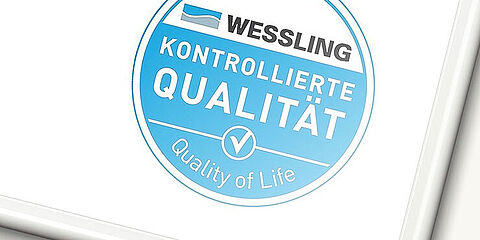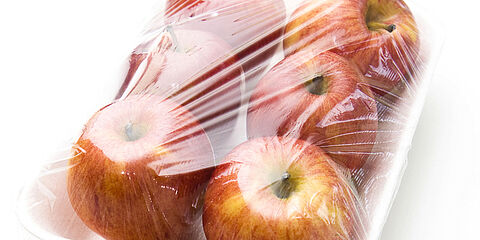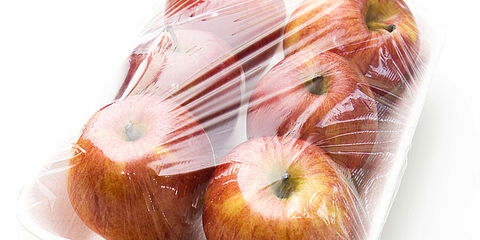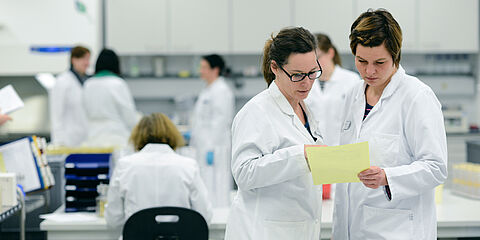Further commodities
Commodities must have special characteristics so that they meet the requirements of consumer protection. With our experts' analysis, consulting and expert reports, we at WESSLING ensure that manufacturers are able to launch their products onto the market in conformity with the legislation.

Not every product that is used in the household is a commodity. They are defined in the food and commodities law. According to Section 2 (6) of the German Food and Feed Code (LFGB), they particularly include products which come into contact with the human body, cosmetic packaging, toys or also care products in addition to objects that come into contact with food.
The WESSLING experts support you, the producer, with precise analysis, competent consulting and expert services so that the commodities you manufacture are safe and do not endanger the health of consumers. We are highly familiar with the legal requirements.
Our services for commodities in detail
Our services for commodities in detail
Analysis for commodities
Analysis of commodities for your quality control
We have many years of experience in analysing all important materials and types of commodities. In our modern laboratories, we perform all analyses according to the highest standards of quality. Some of our experts are also certified for analysing official cross checks according to Section 43 of the German Food and Feed Code (LFGB).
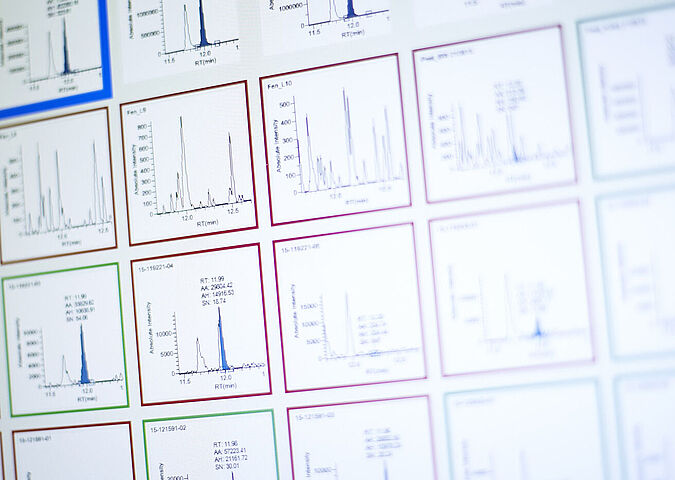
Analysis for commodities – our range of services:
- Migration tests (global migration, specific migration) as per Directive (EC) no. 1935/2004 and Directive (EU) no. 10/2011
- Microbiological analyses
- Chemical-physical analyses
- Chemical tests, e.g. for formaldehyde, primary aromatic amines, phthalates, PAHs, heavy metals, PCB, nonylphenols, photoinitiators, ITX, organotin compounds, fluorine
- Test for metal migration (e.g. chrome, nickel, lead, cadmium migration)
- Harmful substance tests, SVHC screening
- Identification of materials
- Fault and damage analysis
- Sensory tests
- Saliva and sweat fastness
- Test chamber analyses (emission tests)
Our services for commodities in detail
Consulting and expert reports for commodities
Consulting and expert reports for commodities
The wealth of materials, diverse uses and numerous legal regulations result in a variety of necessary analyses and testing procedures so that you can bring your commodities to market safely.
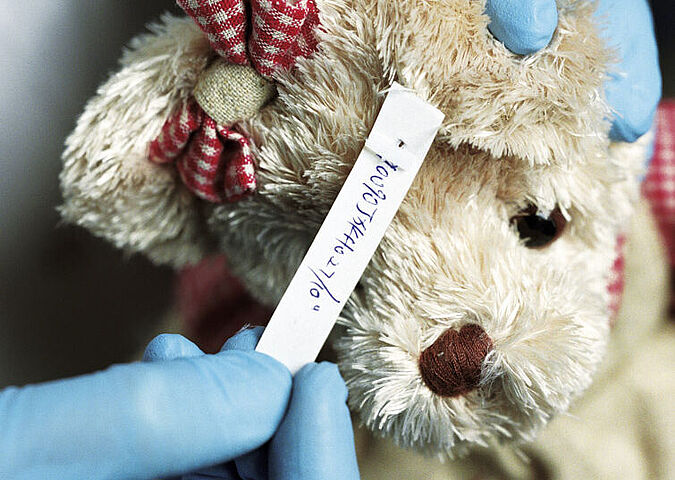
Our range of services:
- Document check
- Declaration checks
- Labelling checks
- In-house training
- First batch testing
- Declaration of conformity / declaration of compliance
- Report creation in your desired language
- Certification for the analysing official cross checks according to Section 43 LFGB
Your contact on the topic of commodity safety
- Claudia Urmetzer
- +49 2505 890
- verbraucherprodukte@wessling.de

„What thrills me about WESSLING: my colleagues and I analyse the entire range of commodities, from babies' dummies to spatulas. This enables us to ensure safety in all areas of daily life. “
Product safety for consumers
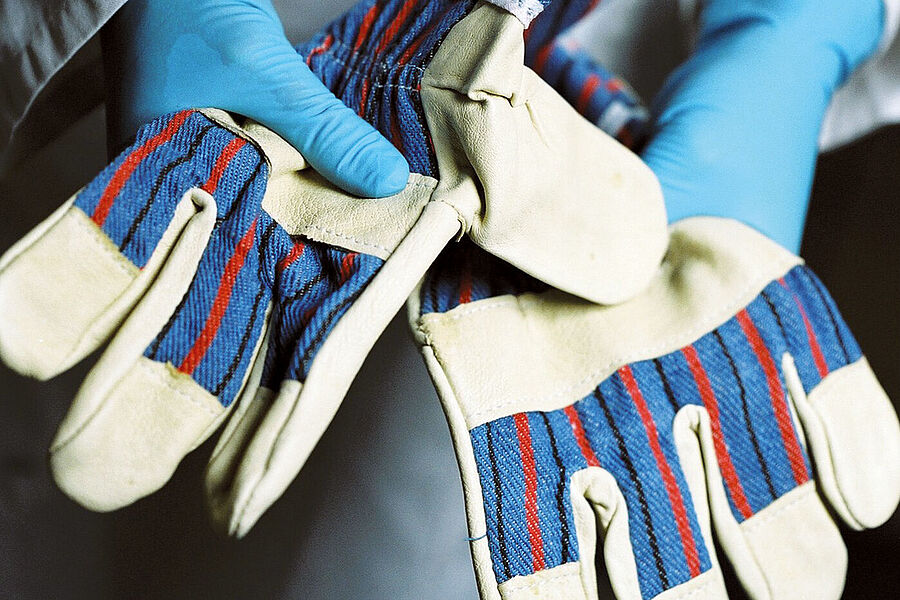
WESSLING offers bespoke analysis and consulting services for the specific requirements of each product. Our product safety experts distinguish between four significant groups of commodities or consumer-oriented products:
- Objects that come into contact with food
- Objects that come into contact with the human body
- Toys, joke articles
- Household chemicals
Analysis and expert services for commodities
Out experts perform specific analyses, e.g. test chamber investigations, tests for sweat and saliva fastness, for toxins or SVHC (REACh) so that you, the manufacturer, can launch your certified products onto the market safely.
The laboratories of the WESSLING Group are accredited* and comply with the international standard EN ISO/IEC 17025.
We are also happy to deliver the required translation of our reports, depending on which documents you require to meet official regulations.
Our experts also ensure that you produce in conformity with the regulations, starting with raw materials. Our product safety specialists prepare expert reports, conformity evaluations, test concepts and official cross checks as required. They base these on the European framework legislation and the German Food and Feed Code (LFGB), which ensures the protection of consumers from fraudulent misrepresentation.
* Testing laboratory accredited by DAkkS according to DIN EN ISO/IEC 17025:2018. The accreditation only applies to the scope of accreditation listed in the certificate attachment [D-PL-14162-01-00].

